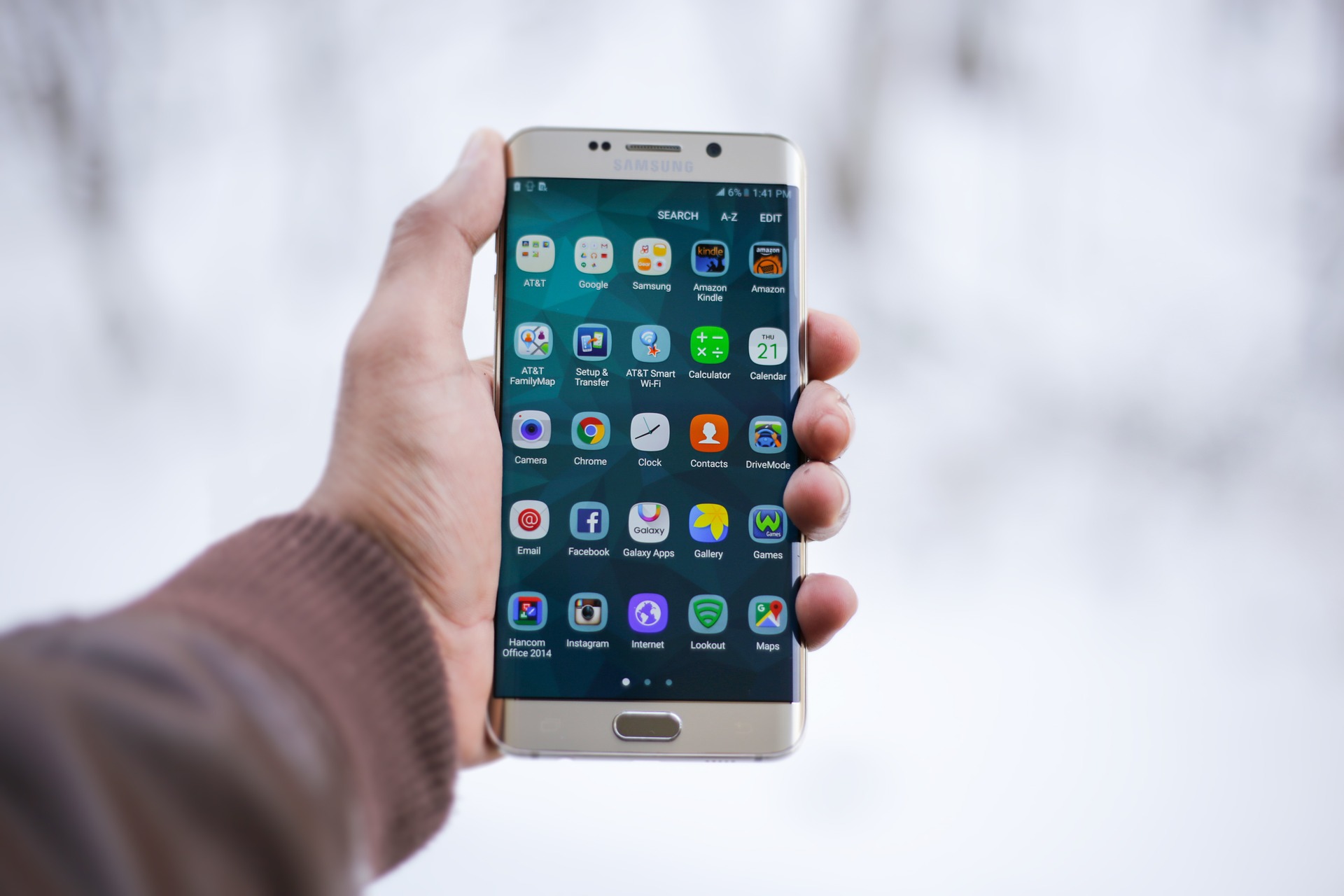As 2022 draws to a close, with many businesses experiencing a post-pandemic bounce back, shrewd business owners will be setting their sights on mobile technology. They will be seeking out innovative ways to make their business stand out amid fierce competition.
The mobile app market continues to observe rapid growth, with mobile-first solutions promising to unlock opportunities for businesses that implement them properly.
As of 2022, there were around 6.6 billion smartphone owners globally. According to a report from eMarketer, the number of mobile phone owners is predicted to rise in 2023 and beyond, sparking an explosion in mobile app development, according to experts.
Mobile apps present immense business opportunities for providers, be they B2C or B2B enterprises. The latest app market trends point towards future-oriented, needs-based applications that provide companies with a competitive edge. From blockchain technology to gamification to AR and VR, we explore eight mobile app trends that are predicted to feature prominently in 2023.
1. Blockchain
Forming the backbone of the cryptocurrency industry, blockchain technology offers the potential to revolutionize a variety of different industries, including the mobile app market.
Integrating blockchain technology will enable apps to grant users more control over data, eliminating the need for the management of personal information by centralized intermediaries. This could come in very handy for app developers specializing in the finance, social-sharing, security, identification, and governance markets.
2. Machine Learning Enhancements
Machine learning powers popular mobile app features such as speech recognition, predictive analytics, and behavioral data analysis. Major improvements in machine learning are predicted through 2023, facilitating significant advancements in mobile app marketing.
Take for example voice and image recognition, fields in which machine learning and AI have made it possible to conduct image and voice searches via Internet search engines. From the user’s perspective, this makes searching the Internet faster and easier than ever before, enhancing the user experience, and helping to improve the relevance of search results.
3. Influencer Marketing
If 2022 has taught us one thing, it is that influencers and content producers can hold massive sway over the purchase decisions of consumers. The influencer phenomenon is not a trend that is likely to abate any time soon, with influencers using platforms like TikTok, Instagram, and Facebook, as well as their own blog sites, all of which are accessible via mobile devices.
Influencer marketing is predicted to remain popular through 2023, as more and more businesses catch on to its selling power. Nevertheless, it is important for business owners to conduct due diligence when selecting an influencer to advertise their brand, since the influencer must align with the brand and its messaging, with a following in keeping with the business’s target audience to maximize conversions.
4. Super Apps
A super app is essentially a platform combining various different activities such as shopping, leisure, work, and social interaction, enabling all of these activities to happen in a single ecosystem. Developers in the United States are currently working on integrating multiple layers in a single app, enabling users to do more online without the need to keep switching platforms.
5. 5G
With faster speeds, faster data transfer, and lower latency, 5G is already well on its way to becoming the mobile technology standard. By the start of 2023, 660 million smartphones are predicted to be 5G-enabled globally, accounting for more than 47% of all mobile devices.
Experts predict that mass adoption of 5G will lead to the development of higher-quality apps, stimulating growth in the mobile app market, and marking the beginnings of a fifth generation of mobile connectivity, with increased speed and security of mobile payments, enhanced mobile streaming, and improved app functionality.
6. Mobile Security
With mobile devices increasingly becoming a focus for cybercriminals, experts predict that security will be an increasing concern for mobile app developers through 2023. As growth continues through the mobile app market, so does the amount of user data stored by companies today, presenting serious security concerns for mobile app developers.
7. Gamification
As more mobile applications appear on the market, it is becoming increasingly difficult for developers to stand apart from the crowd. This is particularly the case with tech-savvy millennials and members of generation Z, who notoriously get bored easily, largely due to the proliferation of entertainment available today.
Gamification is an effective way of making online content more immersive and exciting.
Take for example Duolingo, one of the world’s most popular language learning resources. Gamification features such as achievement badges, choice of difficulty, and even boss battles makes the app fun and engaging, enticing users back again and again.
8. AR and VR
AR and VR technologies merge real and virtual worlds, providing enhanced 3-D visuals, making them particularly popular in the gaming industry.
Both AR and VR have the power to enable users to meet with friends in virtual spaces, shop in virtual environments, and learn in classrooms, preventing learning gaps when users are unable to attend real world lessons by enabling them to tune in via their mobile phones.

